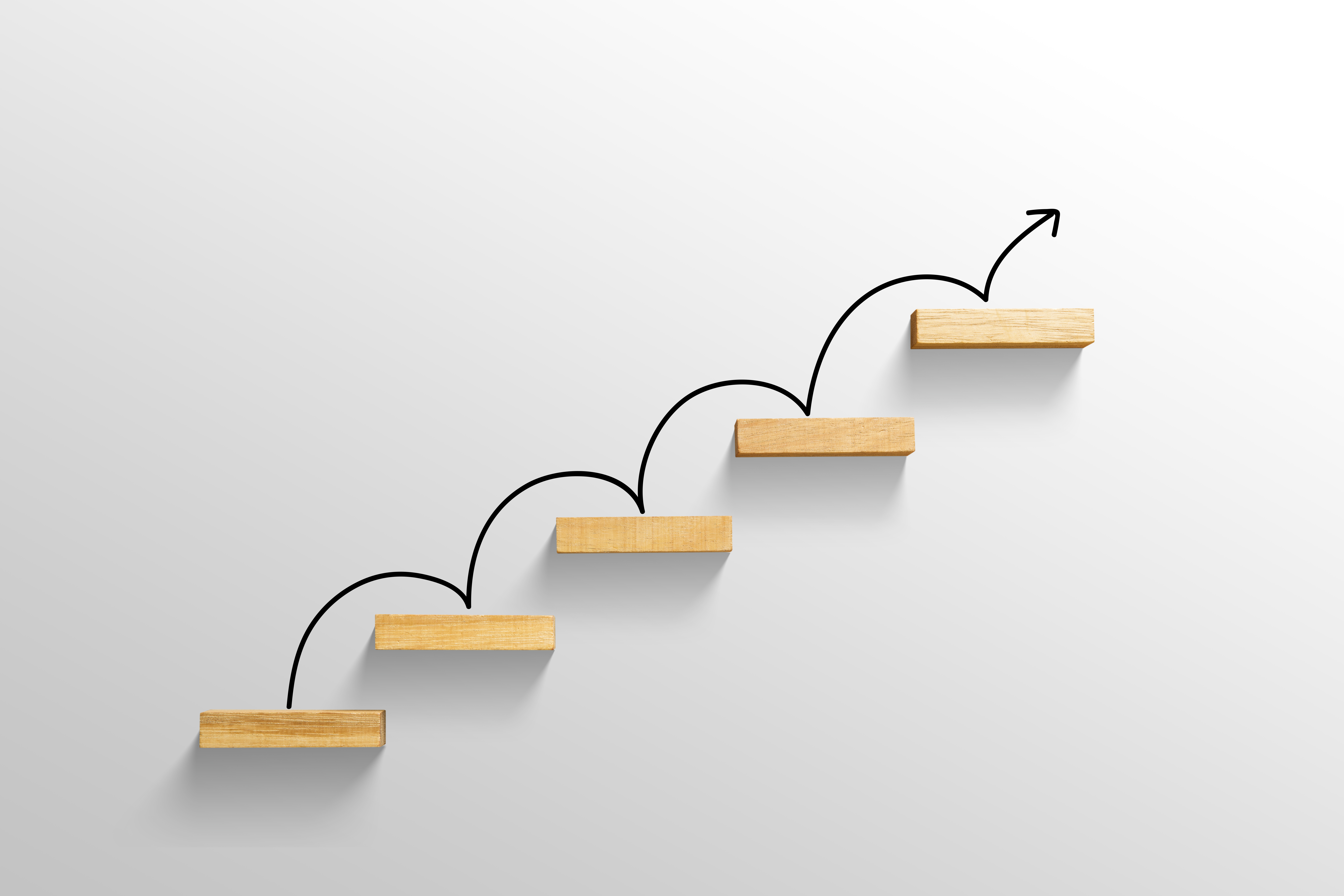
Get Paid to Share Your Expertise
Help shape the future of business through market research studies.
See Research StudiesThe two most popular New Year’s resolutions for 2019 are to exercise more and eat better, according to a recent survey. If past results hold true, only about 8 percent of people will meet their goals.
To aid you in achieving your resolutions for 2019, consider these healthy living tips from faculty across the Business School. Their research may help you avoid being tricked into eating “bad foods,” better appreciate the benefits of fresh air, and consider the downsides of keeping secrets.
Beware the Costs of Secrecy
Keeping secrets is detrimental to your health. According to two recent papers from Assistant Professor Michael Slepian, we can’t help but think about our secrets, and simply thinking about secrets leads to feelings of isolation, fatigue, and inauthenticity that undermine well-being.
In a forthcoming paper with Vikram S. Pandit Professor of Business Adam Galinsky and Stanford University’s Nir Halevy, Slepian found that thinking about secrets can evoke feelings of social isolation and lead to feelings of fatigue. Even when we don’t have to hide a secret, just having to think about it can be tiring.
Across seven experiments involving more than 1,400 people, the researchers consistently found that recalling a secret increased feelings of fatigue. “These findings present a portrait of the secret-holder as internally conflicted, socially isolated, and fatigued,” according to their paper for the Personality and Social Psychology Bulletin.
Secret-keeping has even further consequences for well-being, according to another paper from Slepian with Associate Professor Malia Mason and Duke University’s Jinseok Chun. Analyzing more than 13,000 secrets, they found that people tend to frequently mind-wander to those secrets, which is a predictor of lower well-being in self-reported health assessments.
“Secrets are, fundamentally, information we intend to hold back from the people who populate our social worlds,” according to their paperpublished in the Journal of Personality and Social Psychology. “Holding back this personal information, the very information we normally share and disclose — to connect with others and reveal who we are and what we are like — should serve only to make us feel that we are holding back part of ourself, and being inauthentic.”
Don’t Rely on Wearables
Maybe you intend to increase your steps or get more sleep in 2019 with the help of a wearable fitness device like a Fitbit or Jawbone. According to Professor Stan Kachnowski, faculty director of the Digital Health Strategy program, these wearables can significantly increase sleep patterns but they’ll have little long-term effect on physical fitness activity.
Kachnowski chairs the digital health testing center HITLAB, which conducted a 2016 study into the effectiveness of wearable devices. After nine months of tracking data from 565 participants, the researchers found that the average number of steps per day declinedslightly while the average sleep level increased by more than a half hour. As Kachnowski states in this Executive Education webinar, numerous research studies have shown that wearable devices overall have few measurable positive effects.
Don’t Be Tricked into Eating Bad Foods
Be warned: The mere presence of a healthy item in your refrigerator or on a menu can trick you into indulging in unhealthy options. In a study published in the Journal of Consumer Research, Keith Wilcox, the Barbara and Meyer Feldberg Associate Professor of Business, found that when people are presented with a food set that induces a healthy option, they are more likely to indulge in the least healthy option. Ironically, people who normally exhibit the most self-control become the most likely to indulge in the unhealthiest option on such a menu.
Take heed of small-sized nutrition labels, as well. In a newly published study called “Restraint That Blinds,” Wilcox and coauthor Sonja Prokopec of ESSEC Business School establish across eight experiments that consumers show less restraint when cost information is presented on a scale with small numbers — the effect is strongest for people who otherwise show high self-control.
In one of their studies, participants became more likely to eat a Snickers over a granola bar when the nutritional content was presented on a contracted scale. In another study, participants were shown to be more likely to eat a pizza slice with 15 grams of fat than a slice with 400 calories, even though both slices are nutritionally identical.
Wilcox’s research has implications for menu layouts and food labeling. “If the number of calories are the default scale on which consumers evaluate the extent to which they should exert self-control, presenting the fat content of a food an item in isolation could actually lead consumers to make unhealthier decisions compared to when no nutritional information is provided,” according to the research paper.
Take a Breath of Fresh Air
For the sake of your health and your productivity, breath some fresh air. That’s what Michaela Pagel, the Roderick H. Cushman Associate Professor of Business, discovered through a recent study with Steffen Meyer of Leibniz Universität Hannover.
By comparing data on air pollution with data on investor trading, the researchers found a direct link between dirty air and reduced work productivity. Pagel and Meyer concluded that a one-standard-deviation increase in particulate-matter (PM) air pollution was enough to make investors 8.5 percent less likely to log on to their online brokerage accounts and carry out trades.
Polluted air creates a “type of brain fog,” Pagel says in this Columbia Business article. To clear the fog, she recommends investing in an air purifier and reducing usage of air conditioning and motor vehicles.
Read the Research
Michael Slepian, J.S. Chun, Malia Mason. “The experience of secrecy.”
Read the original piece on Columbia Business School’s Ideas and Insights blog.
Ivy Exec is proud to announce its partnership with Columbia Business School, to bring an insightful collection of thought leadership pieces for the modern-thinking strategist in finance, leadership and more to its platform.

 Columbia Business School
Columbia Business School